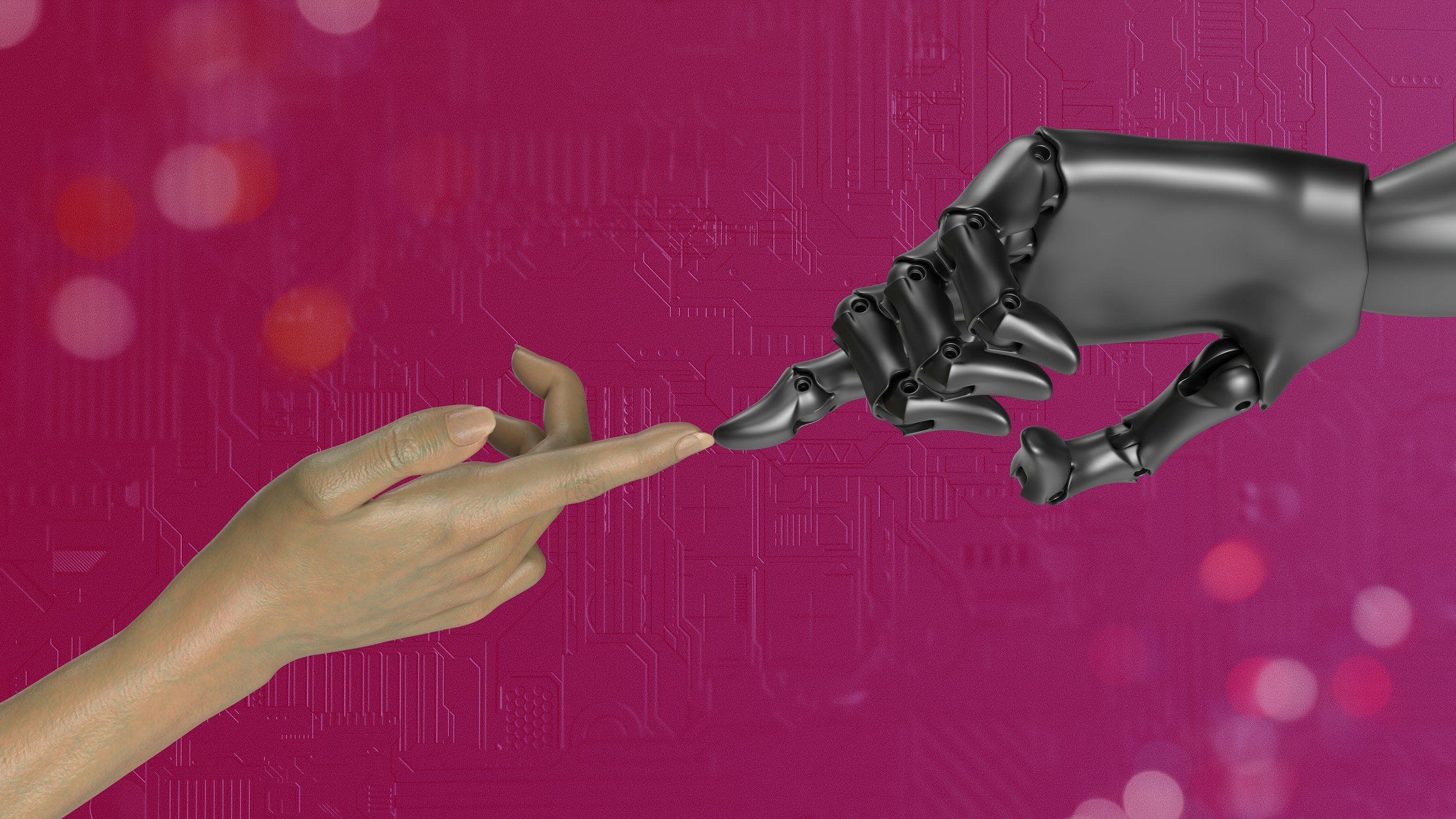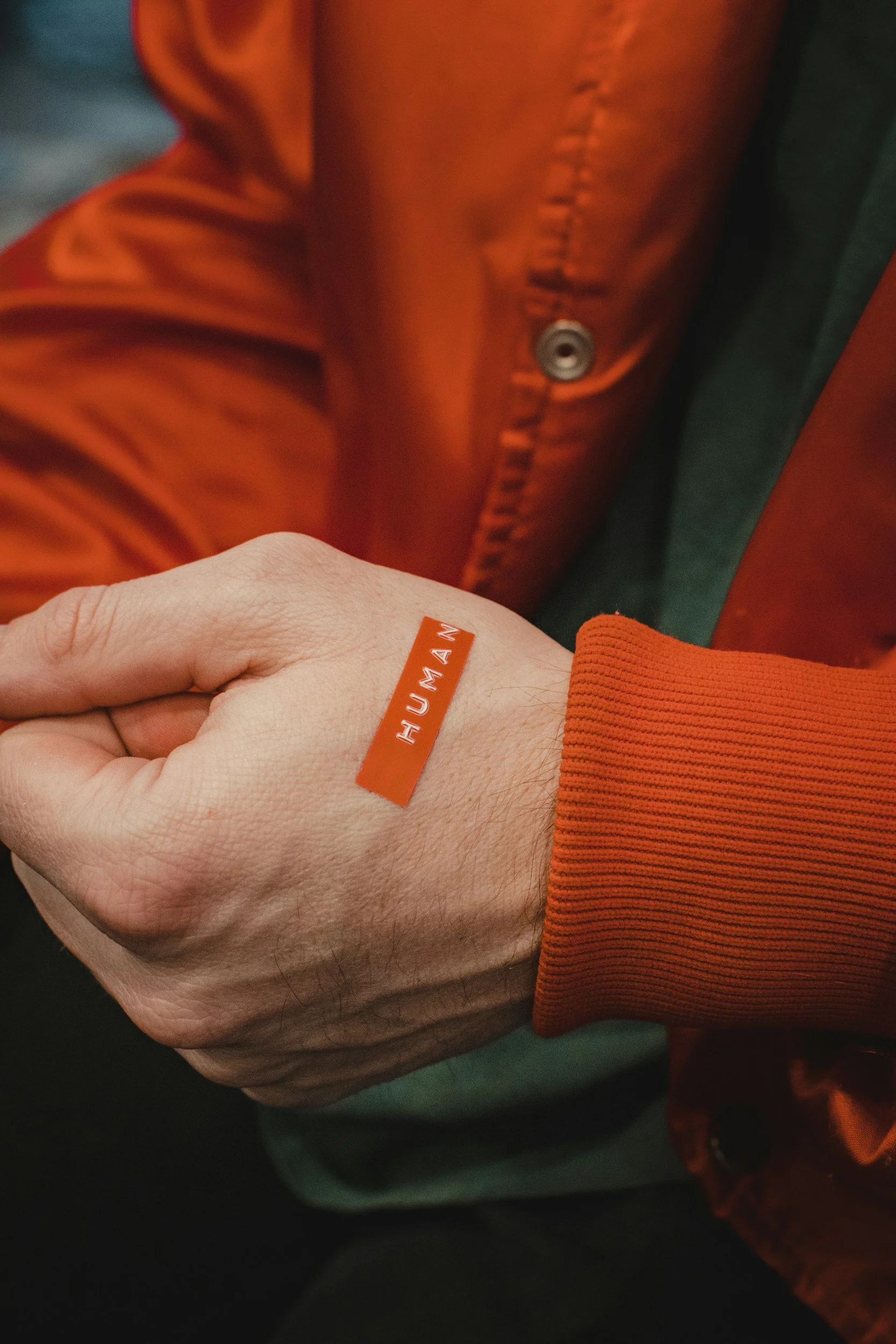
blog: Thoughts on Being Human
As therapists we hold space, we listen, we resonate.
Read our blog posts to get to know us more in our own complexity;
our passions, our own big feelings, our values.
We’re excited to share our humanity with you!
If listening is more your thing, check out our podcast, Out of Session with Kindman & Co., and make sure to sign up for our newsletter to be informed about our most recent blog posts.
On The Therapist Near Me
Therapy is more than advice or coping strategies. In this post, we explore why in-person relational therapy — grounded in shared presence and real human connection — continues to offer something uniquely powerful in an increasingly digital world.
On Medical Trauma, Medical Gaslighting, & Doing Better in Chronic Illness Care
People with chronic illness are often harmed not only by their symptoms, but by repeated dismissal, disbelief, and medical gaslighting within the healthcare system. Drawing from both clinical work and lived experience, this piece explores medical trauma, relational injury, and how healthcare providers can show up with greater care, curiosity, and humanity.
On Moving Through the Heaviness, Together
When the world feels heavy, the urge to move faster and think bigger can intensify. This piece offers permission to slow down, attend to the nervous system, and remember that the weight we’re carrying is real—and not meant to be held alone.
On Productivity as Identity: Why Slowing Down Feels Unsafe
If resting makes you anxious and slowing down feels like failure, you’re not alone.
Many of us learned, quietly and early, that our worth was tied to how much we could do. When productivity becomes identity, slowing down can feel unsafe, even when we’re exhausted. This piece explores burnout, “formerly gifted kid” dynamics, and why you are enough without producing.
On Being Seen in the In-Between
To be known is to be loved—but being seen can feel far riskier. A reflection on non-binary identity, gender boxes, and the freedom of being witnessed without being reduced.
On the Podcast: Workplace Burnout and Mental Health: Why It’s a System Problem, Not a Personal Failure
In this episode, therapists Liam and Sarah, discuss the topic of burnout. Through personal anecdotes and professional insights, they debunk the myth that burnout is an individual problem and highlight how workplace culture, unrealistic expectations, and lack of community contribute to this pervasive issue. They offer advice to mitigate burnout and explore how to reclaim your well-being in a demanding work environment.
On Joy as Resistance
Joy is resistance—not because it ignores suffering, but because it refuses to let oppression define the full range of our humanity. This piece explores how marginalized communities have long practiced joy as a communal, relational act of survival and connection.
On the Podcast: Rest Rebels: Choosing Rest in a World That Prioritizes Hyper-Productivity
In this episode of ‘Out of Session’ by Kindman and Co., hosts Kaitlin, Dani, and Clarissa discuss the concepts of compassion fatigue, guilt, and shame, while reflecting on societal and cultural narratives around rest and productivity. The therapists underscore the importance of intentional rest as a form of resistance against the pressures of hyper-productivity and capitalist culture, and advocate for self-care despite feelings of guilt or inadequacy.
On the Podcast: Not an AI Chatbot: Being Human in the Therapy Room
In this episode of Out of Session with Kindman and Co., hosts Elizabeth and Logan discuss the importance of therapists embracing their own humanity and messiness. They challenge the societal expectation that therapists must always appear composed and all-knowing.









